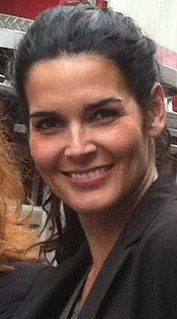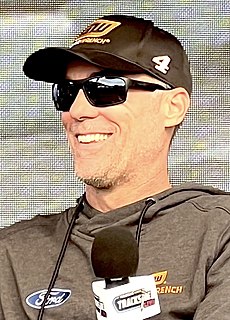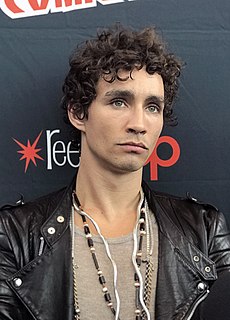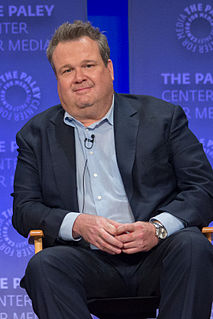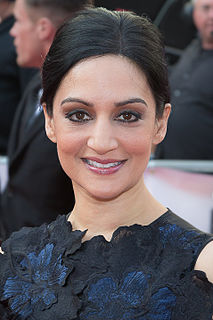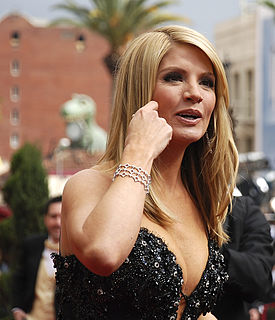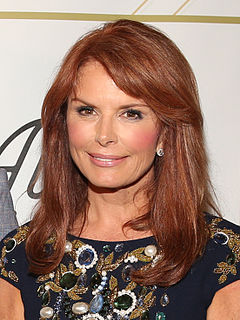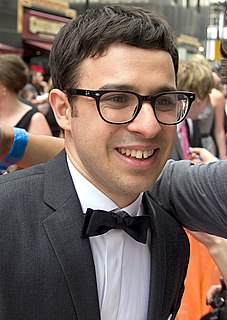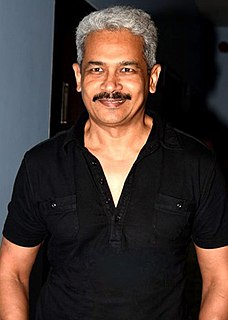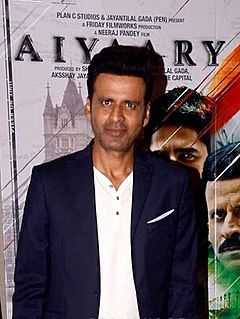A Quote by Swara Bhaskar
I've been propositioned by men who were in a position to cast me. I lost a few roles because I didn't give in.
Related Quotes
If you just look at the number of roles for women versus the number of roles for men in any given film, there are always far more roles for men. That's always been true. When I went to college, I went to Julliard. At that time - and I don't know if this is still true - they always selected fewer women than men for the program, because there were so few roles for women in plays. That was sort of acknowledgment for me of the fact that writers write more roles for men than they do for women.
A lot of people don't see me as a funny character because I don't usually get to play them. I'm usually cast in the more dramatic roles, so it's been a really, really fun time playing her humor and her attitude. She's a complete tomboy, so I did a really intense study on men and how they relate to each other, in the way they walk and hold themselves and position themselves in the hierarchy, just in something as simple as a conversation.
But I still wonder how it was possible, in those graceless years of transition, long ago, that men did not see whither they were going, and went on, in blindness and cowardice, to their fate. I wonder, for it is hard for me to conceive how men who knew the word "I," could give it up and not know what they lost. But such has been the story, for I have lived in the City of the damned, and I know what horror men permitted to be brought upon them.
I have had a few rough patches in my life, but these last few years have been among the roughest. A few years ago, I left my job as host of the television show Extra. Our parting of ways was completely amicable; they were amazing to me. I had spent over a quarter of my life at that job, and without it, I felt like I had lost my compass. People didn't know how to introduce me anymore, because in L.A., you are your job.
Up until the time I was cast in 'Star Trek,' the roles were pretty shallow - thin, stereotyped, one-dimensional roles. I knew this character was a breakthrough role, certainly for me as an individual actor but also for the image of an Asian character: no accent, a member of the elite leadership team.



